Resource Management, Knowledge, and Future Work Reflection Assignment
VerifiedAdded on 2023/03/30
|5
|677
|352
Homework Assignment
AI Summary
This assignment delves into the critical concepts of resource management and knowledge acquisition, drawing inspiration from the final chapter of Howitt (2001) and excerpts from "Welcome to My Country." The student reflects on the quote about knowledge limitations and discusses what they will leave university not knowing, emphasizing the importance of practical experience alongside theoretical understanding. Furthermore, the assignment explores the concept of 'mixing of knowledges,' inspired by indigenous perspectives, and how this can be applied to future work, particularly in promoting social harmony and sustainable practices. The student highlights the significance of optimism, cultural sensitivity, and fair treatment, drawing parallels between the challenges faced by indigenous communities and the broader context of resource management. The reflection emphasizes the need for a balanced approach, integrating diverse perspectives and experiences to achieve effective and ethical outcomes.
1 out of 5
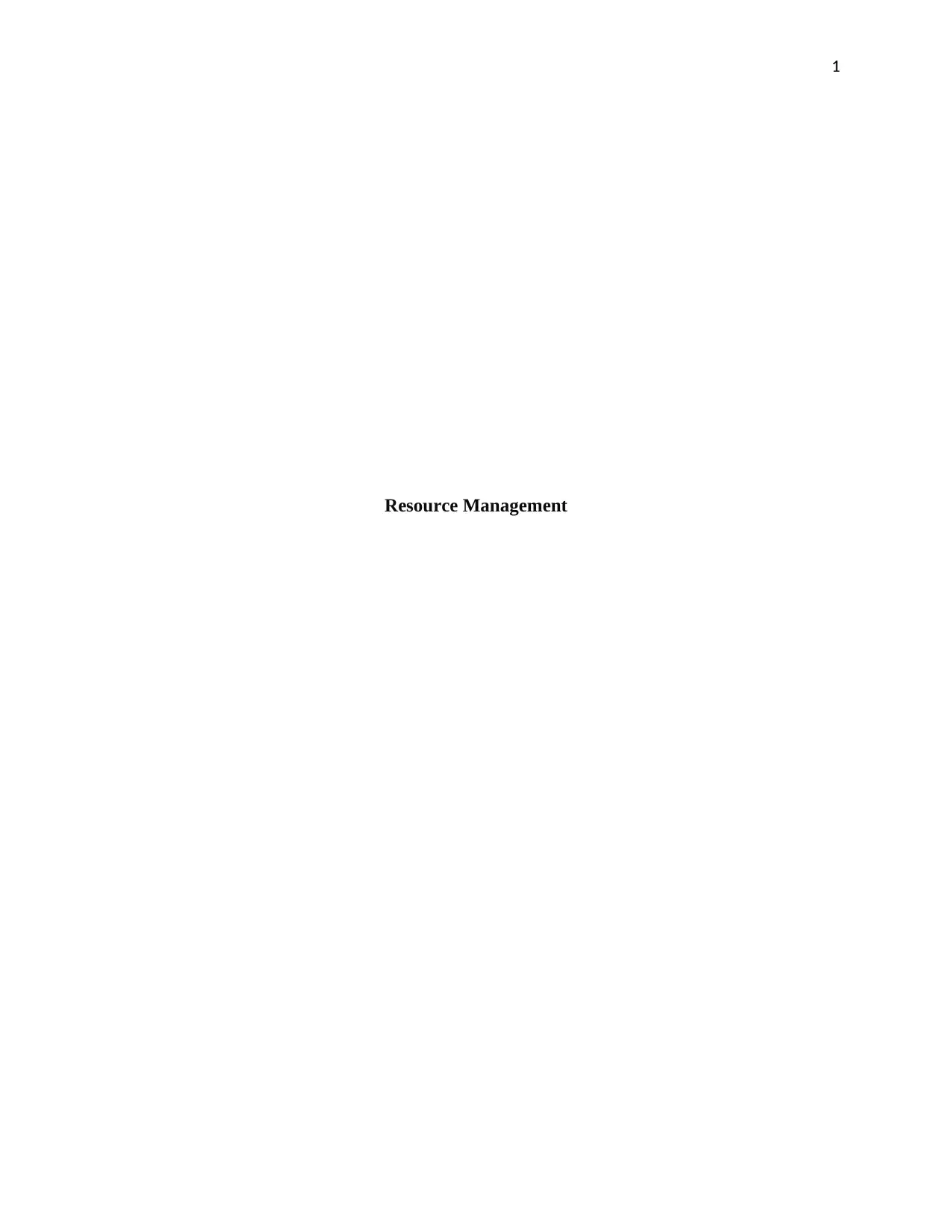
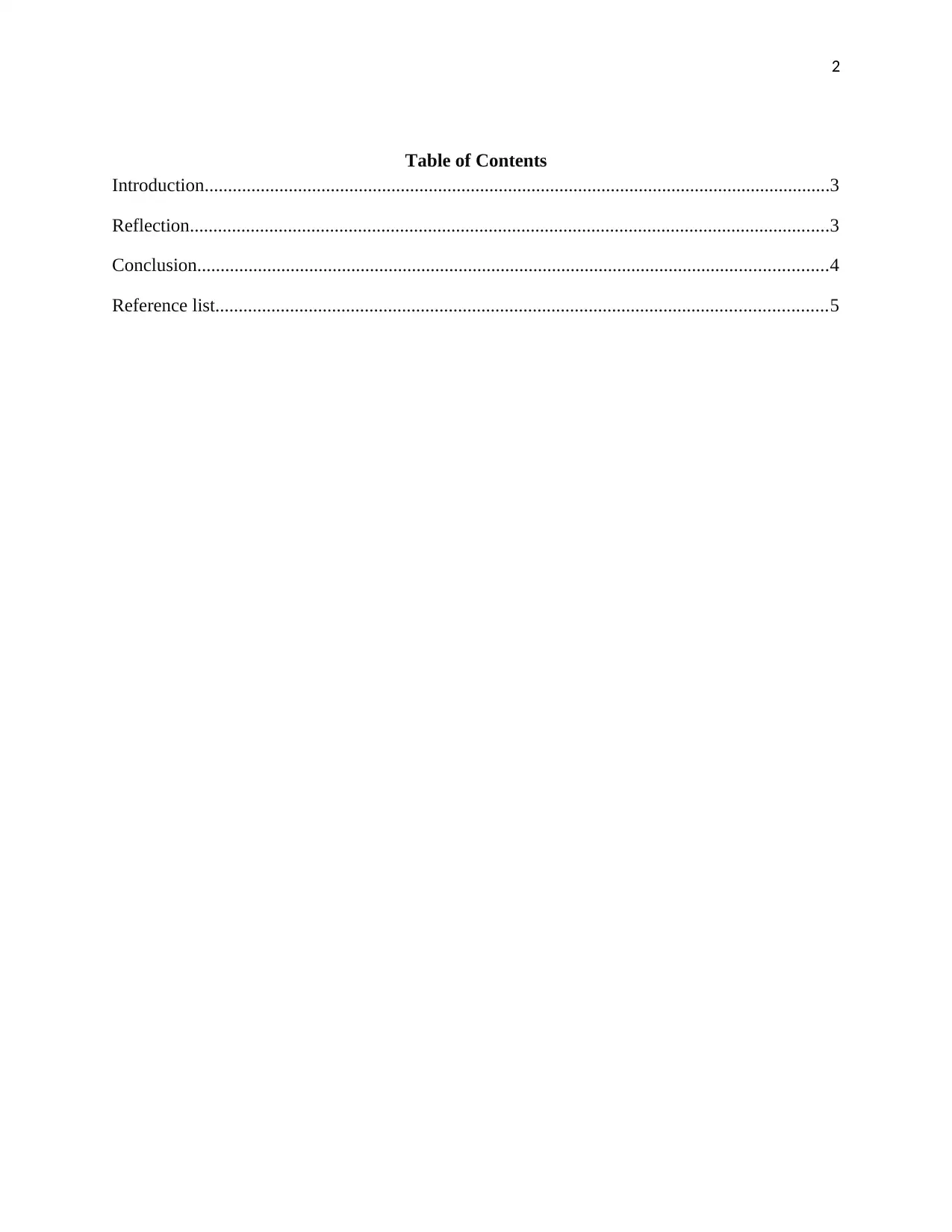
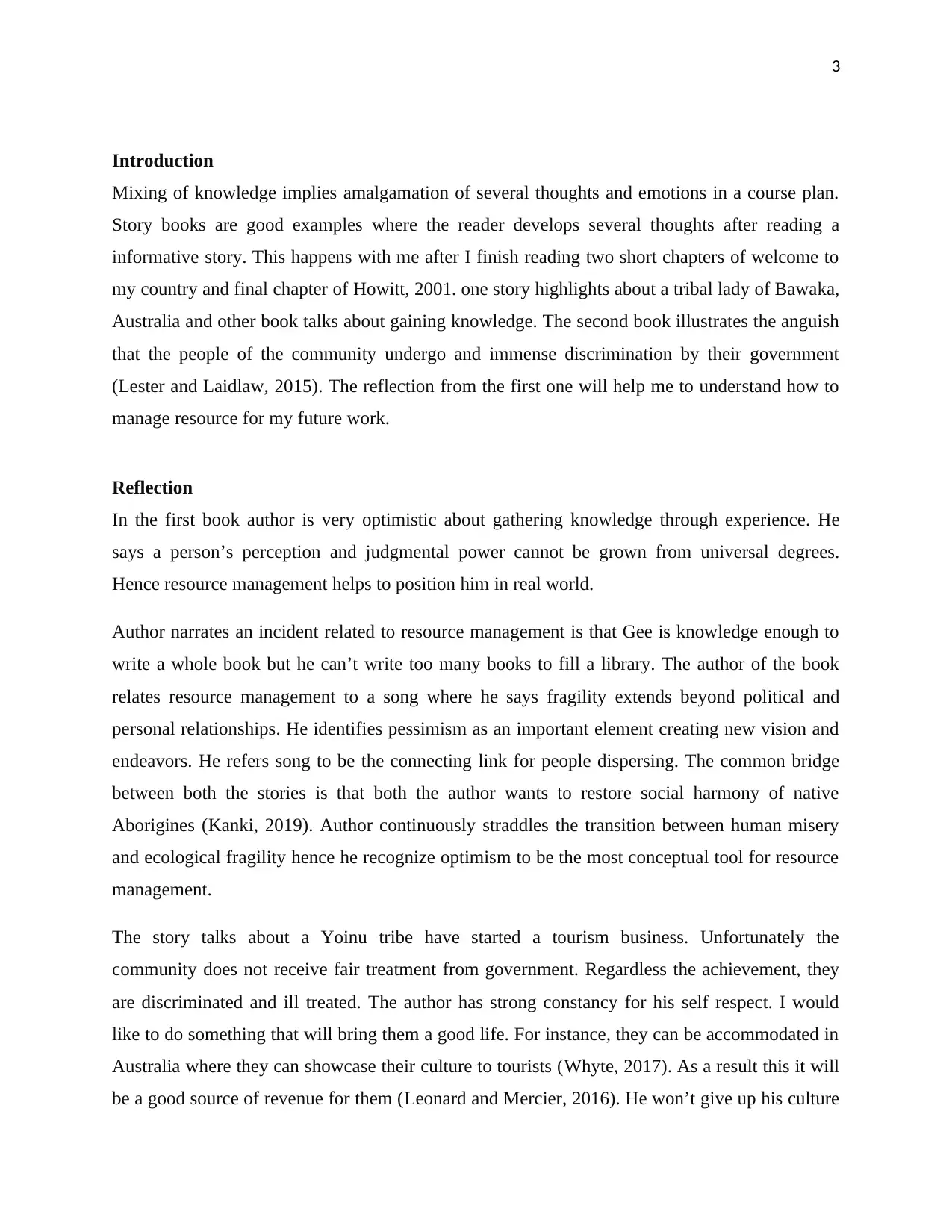

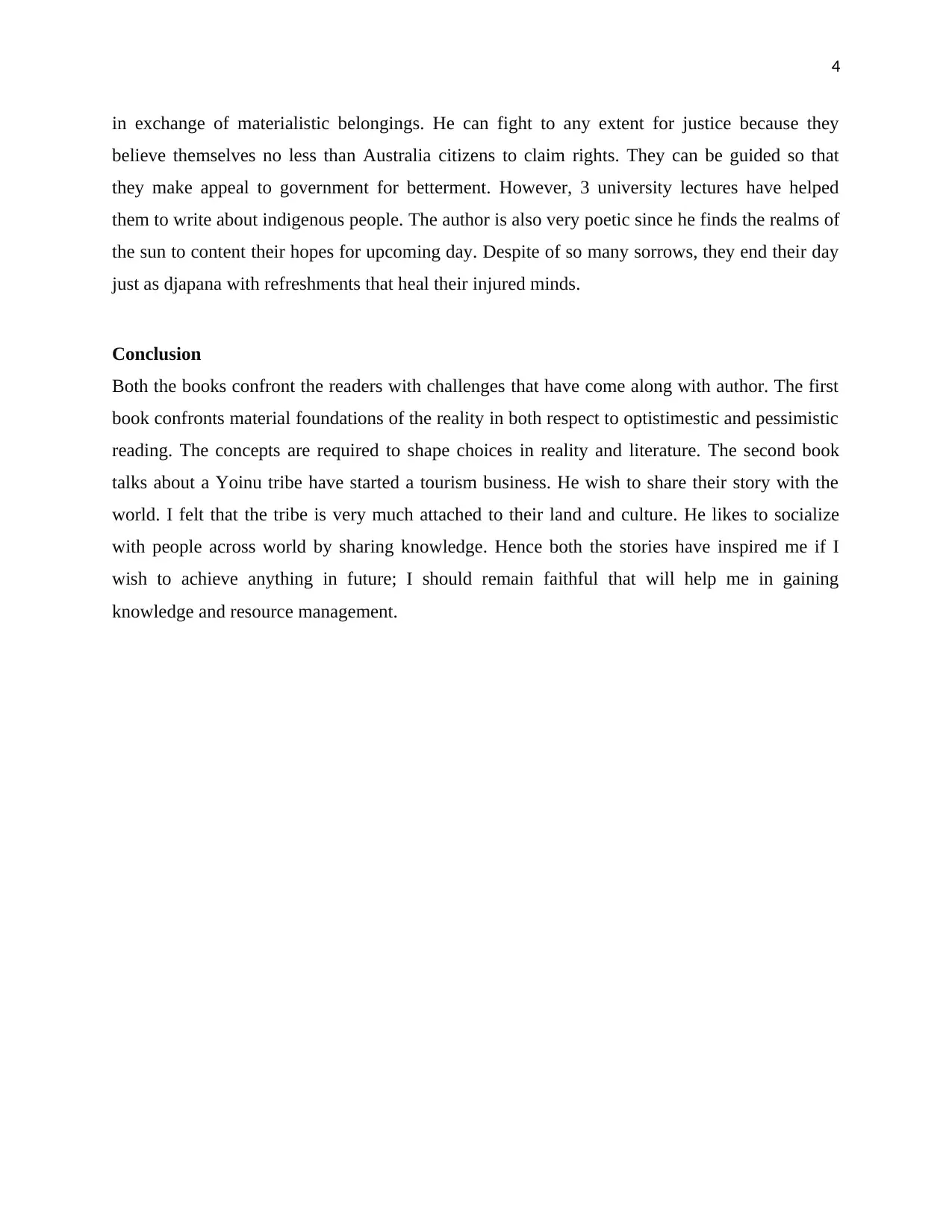
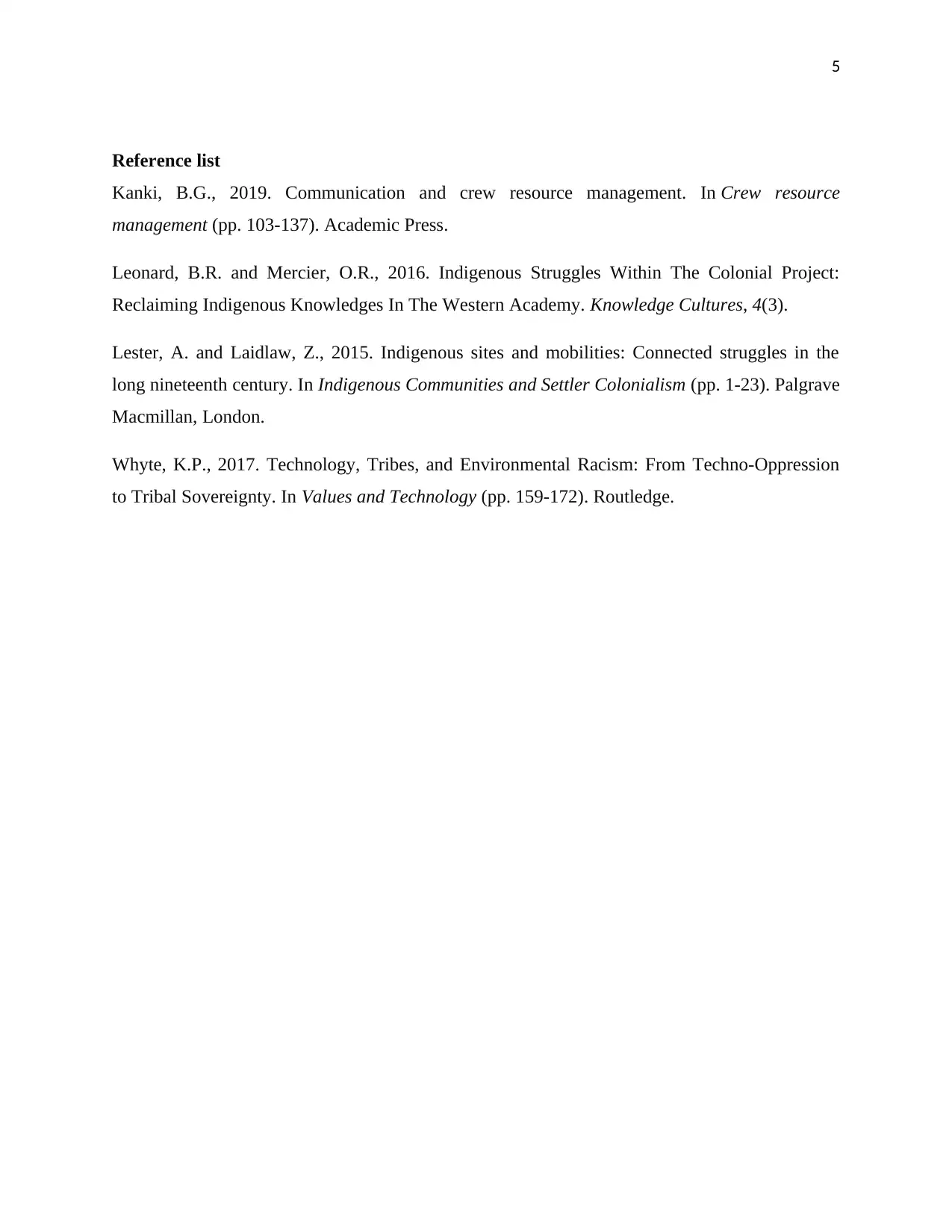






![[object Object]](/_next/static/media/star-bottom.7253800d.svg)